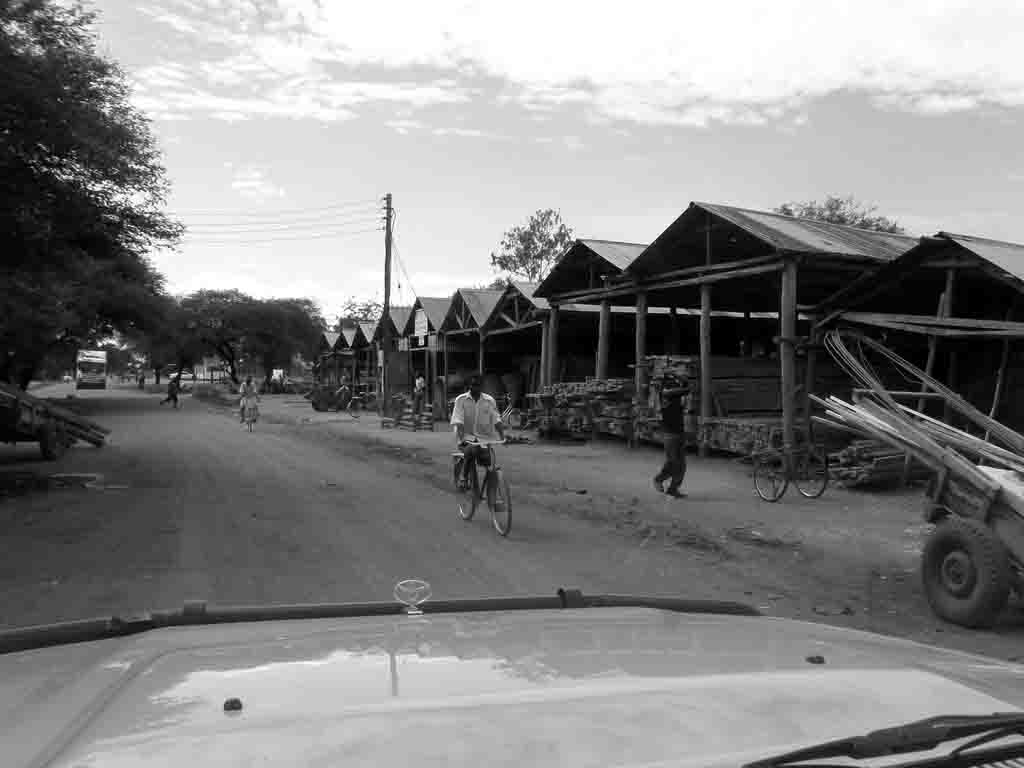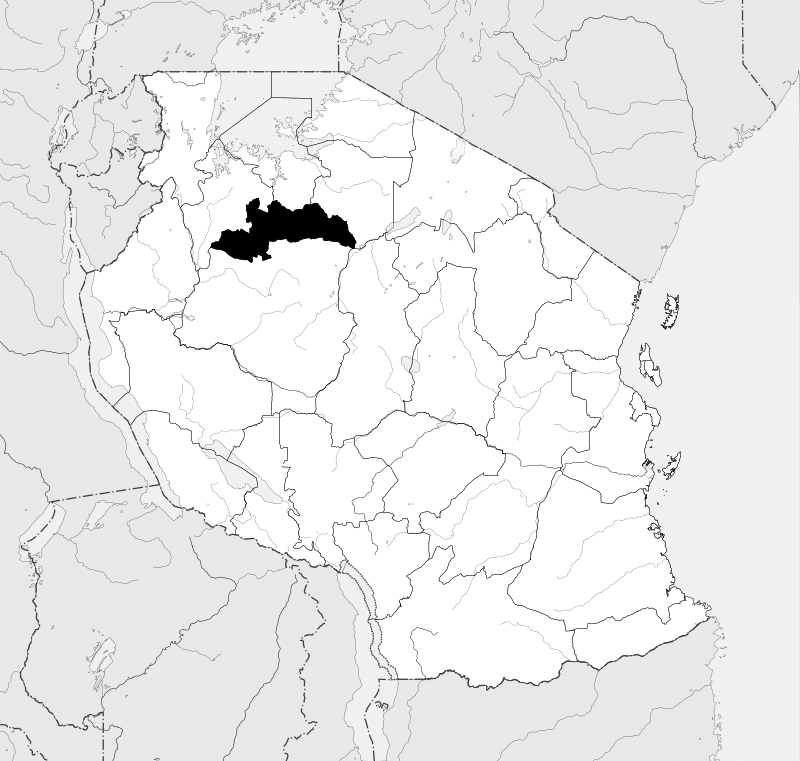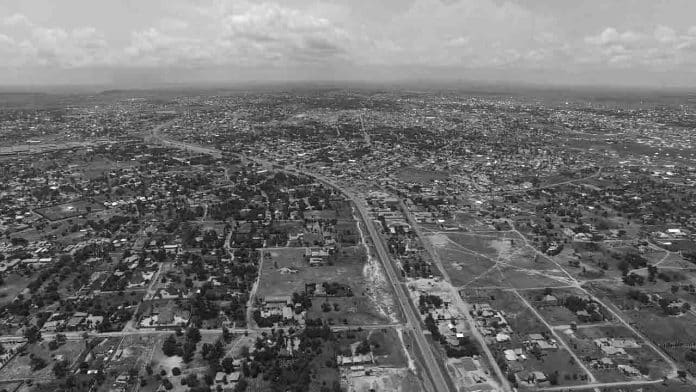Shinyanga – Landmarks, People, Transport, Location and More
Shinyanga also referred to in the local Swahili language as Mji wa Shinyanga ormkoa wa shinyanga, is a city situated in the northern parts of Tanzania. It is home to both the regional and district headquarters of the Shinyanga Region. The area and district bear the town’s name.
Location
Shinyanga is situated in northern Tanzania’s Shinyanga District, in the Shinyanga Area. It is roughly 175 km (109 miles) southeast of the next big city, Mwanza. This site is roughly 475 km (295 miles) northwest of Dodoma, Tanzania’s capital city. Shinyanga’s coordinates are 33°25′23′′E 3°39′43′′S / 3.661945°S 33.423056°E / -3.661945; 33.423056
Shinyanga Districts
Shinyanga Region is divided into six districts:
- Shinyanga District
- Kahama shinyanga District
- Kishapu District
- Bukombe District
- Msalala District
- Shinyanga Municipal Council
Population of Shinyanga
Shinyanga Tanzania had a population of around 93,000 people according to the national census done in 2002. Shinyanga Municipal Council has a population of 161,391 residents according to the national census conducted in 2002.
Shinyanga Landmarks
The following are the seven current landmarks in or around Shinyang city:
- The Central Market of Shinyanga Town
- The Kahama Shinyanga Tanzania Regional Administration’s headquarters
- Shinyanga Urban District’s headquarters
- Shinyanga City Council’s offices
- Shinyanga regional referral hospital
- Shinyanga mjini
- City Stadium of Shinyanga – Public stadium managed by the city council of Shinyanga.
- River Mhumbu – The city’s primary source of water is located around 3 km (1.9 miles) to the east of Shinyanga’s CBD.
- Williamson Diamond mine owned by Williamson.
- Educational Center Veta Shinyanga

Transport in Shinyanga
Airport
The shinyanga airport is situated around 8 km down Mwanza road in the Ibadakuli area. It is called mwadui shinyanga airport.
Railway
Shinyanga is serviced by the Shinyanga Railway Station, which is a subsidiary of the Tanzanian Central Line Railway.
Road
The Mwanza-Tabora Highway connects Shinyanga to Mwanza. The highway conveniently runs through Shinyanga’s central business district.
Reforestation
The Food and Agriculture Organization, the UNEP, and the Global Partnership on Forest Landscape Restoration all have well-documented forest restoration programs in the region. The initiative is documented in the documentary Forests for the Twenty-First Century.
Shinyanga Tanzania Map
Check out this Shinyanga map!

Hotels in Shinyanga
Here is a small list of hotels in Shinyanga where you can stay during your visit:
- karena hotel shinyanga
- vigimark hotel shinyanga
- Simej Hotel
- Liga Hotel
AIC Mwadui Choir Shinyanga
The aic shinyanga choir is a renowned gospel music group based in Shinyanga, Tanzania. AIC stands for Africa Inland Church, which is a Protestant Christian denomination in Africa. The shinyanga choir is composed of members from various AIC churches in the Shinyanga region, and it is known for its vibrant and energetic performances that blend traditional African rhythms and harmonies with contemporary gospel music.
Check out their songs:
For more articles related to regions of Tanzania click here!

































